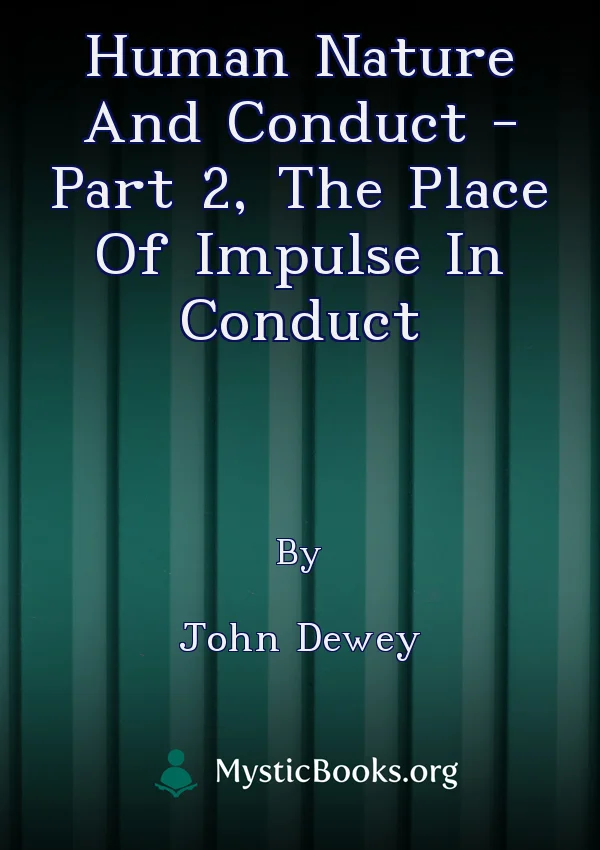
Human Nature and Conduct - Part 2, The Place of Impulse In Conduct
by John Dewey
'Human Nature and Conduct - Part 2, The Place of Impulse In Conduct' Summary
John Dewey's 'Human Nature and Conduct' explores the intricate relationship between our innate impulses and our learned habits. Dewey argues against the 'nature versus nurture' debate, suggesting that human behavior is a dynamic interplay between these two forces. He emphasizes the plasticity of human nature, noting that our habits are constantly adapting to our environment. Dewey critiques the rigid nature of customs, which often hinder our ability to respond effectively to change. He proposes that education should be a process of developing adaptable habits and fostering critical thinking, rather than simply reinforcing existing norms. Dewey contends that true moral action involves recognizing and responding to the interplay of impulses and habits, leading to a more nuanced understanding of human conduct. He critiques economic theories focused on ownership over the ways we use resources, advocating for a more holistic approach to human interaction with the world.Book Details
Language
EnglishOriginal Language
Published In
Genre/Category
Tags/Keywords
Authors
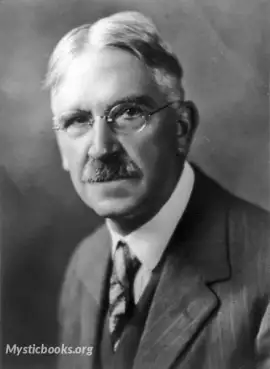
John Dewey
United States
John Dewey was an American philosopher, psychologist, and educational reformer whose ideas have been influential in education and social reform. He was one of the most prominent American scholars in t...
Books by John DeweyDownload eBooks
Listen/Download Audiobook
- Select Speed
Related books
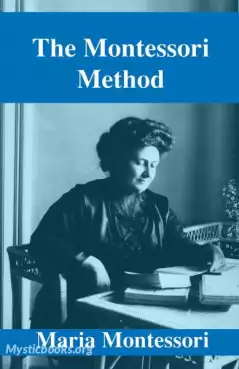
The Montessori Method by Maria Montessori
In the early 1900's Dr. Maria Montessori began to reform educational methods with her work the 'Case dei Bambini' in Rome, Italy. Montessori began her...
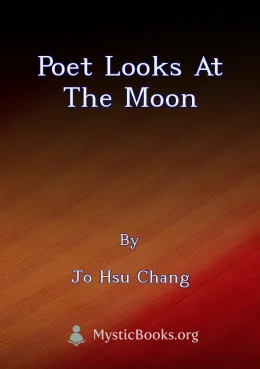
Poet Looks At The Moon by Jo Hsu Chang
A Poet Looks at the Moon is a collection of 21 poems by the Chinese poet Jo Hsu Chang, translated into English by E. Powys Mathers. The poems are insp...
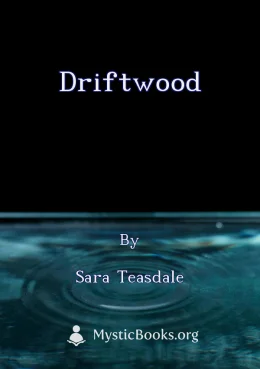
Driftwood by Sara Teasdale
Driftwood is a collection of poems by Sara Teasdale. The poems are mostly short and lyrical, and they often explore themes of nature, love, loss, and...
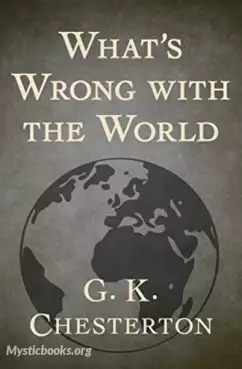
What's Wrong With the World by Gilbert K. Chesterton
In this work, Chesterton repeatedly startles and shocks us, for he reads as if he were commenting on the latest issue of the New York Times rather tha...
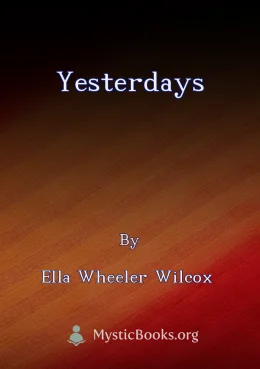
Yesterdays by Ella Wheeler Wilcox
''Yesterdays'' is a collection of early poems by Ella Wheeler Wilcox, known for her introspective and evocative style. The poems explore a range of t...

Philosophy and Fun of Algebra by Mary Everest Boole
This short book, Philosophy and Fun of Algebra, is meant to be read by children and introduces algebra and logic. She uses the word “algebra” broadly,...
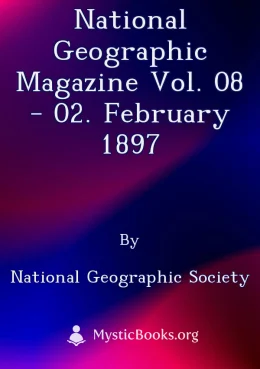
National Geographic Magazine Vol. 08 - 02. February 1897 by National Geographic Society
This volume of the National Geographic Magazine, published in February 1897, features articles on diverse geographical topics. It delves into the geol...
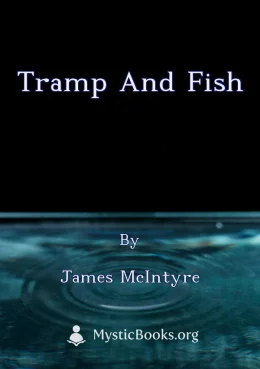
Tramp and Fish by James McIntyre
``Tramp and Fish`` is a collection of poetry by James McIntyre, a Canadian poet known as the "Cheese Poet." The book reflects McIntyre's life and expe...
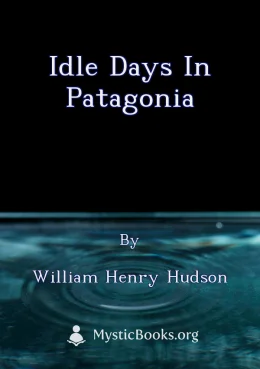
Idle Days in Patagonia by William Henry Hudson
In 'Idle Days in Patagonia,' William Henry Hudson recounts his experiences in the rugged and captivating landscapes of Patagonia. Forced to rest afte...
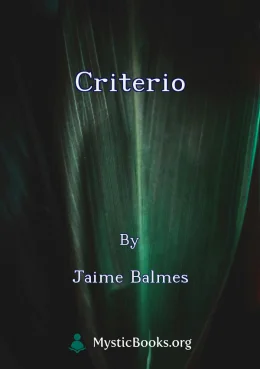
Criterio by Jaime Balmes
This book explores the nature of human reason, passion, and virtue. It argues that reason is essential for understanding the world and making good dec...
Reviews for Human Nature and Conduct - Part 2, The Place of Impulse In Conduct
No reviews posted or approved, yet...